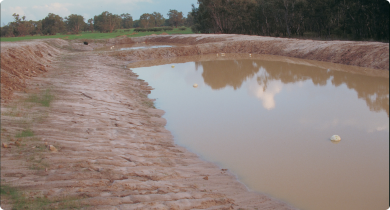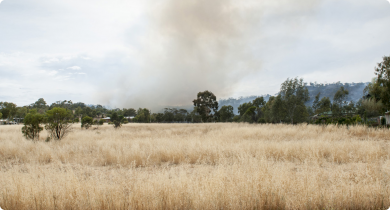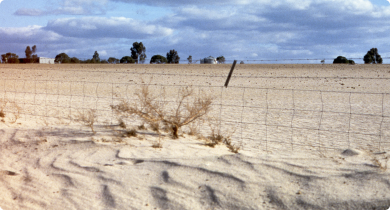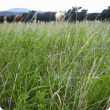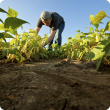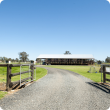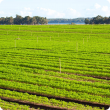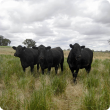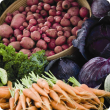Climate, land & water
Western Australia’s agriculture sector needs access to productive soil and water resources for growth and profit. However, the sector must compete with increasing resource demands from all sectors of the community, and the pressures of a changing climate. The Agriculture and Food division of the Department of Primary Industries and Regional Development supports agriculture by providing long-term management solutions, practical risk management strategies and tools to maintain and improve resource conditions, to meet the needs of industry and stakeholders. Agriculture and Food is also pioneering soil and water investigation of the state’s undeveloped areas to establish new irrigated agricultural industries.
Filter by search
Filter by topic
- Land use (62) Apply Land use filter
- (-) Remove Small landholders in Western Australia filter Small landholders in Western Australia
- Livestock & animals (5) Apply Livestock & animals filter
- Crops (5) Apply Crops filter
- Livestock management (4) Apply Livestock management filter
- Horticulture (4) Apply Horticulture filter
- Water (3) Apply Water filter
- Water management (3) Apply Water management filter
- Soils (3) Apply Soils filter
- Feeding & nutrition (3) Apply Feeding & nutrition filter
- Measuring and assessing soils (2) Apply Measuring and assessing soils filter
- Food & beverages (2) Apply Food & beverages filter
- Pasture establishment (1) Apply Pasture establishment filter
- Organic food & farming (1) Apply Organic food & farming filter
- Pastures (1) Apply Pastures filter
- Soil constraints (1) Apply Soil constraints filter
- Livestock species (1) Apply Livestock species filter
- Soil acidity (1) Apply Soil acidity filter
- Poultry & birds (1) Apply Poultry & birds filter
- Agribusiness Food & Trade (1) Apply Agribusiness Food & Trade filter
- Biosecurity & quarantine (1) Apply Biosecurity & quarantine filter
- Biosecurity (1) Apply Biosecurity filter
- Food safety (1) Apply Food safety filter
- Food, export & investment (1) Apply Food, export & investment filter
- Fruit (1) Apply Fruit filter
- Livestock biosecurity (1) Apply Livestock biosecurity filter

